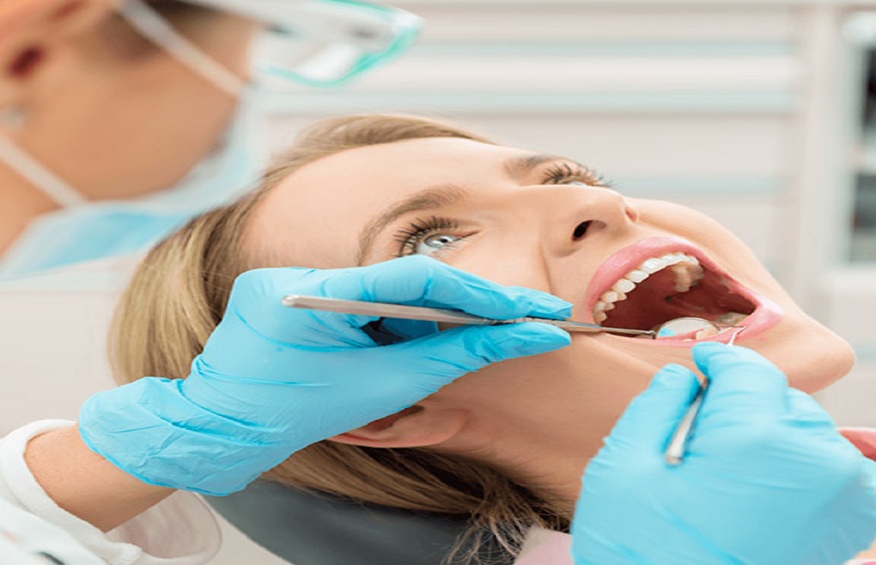Different types of dental disease can affect overall health if left untreated. These dental problems can occur at any age. From cavities to canker sores and loosening of the teeth, these diseases can be of bacterial or traumatic origin. What are the symptoms of the most common dental diseases? How to prevent these oral pathologies? What care is provided to treat these diseases? Discover the main types of dental diseases in our complete file.
Tooth decay _
It is the most common dental pathology among the different types of dental diseases. It is manifested by the formation of a cavity in the tooth. In fact, dental caries leads to the progressive destruction of enamel and dentin .. Dental cavities can develop without symptoms. It is therefore recommended to consult your dentist regularly to avoid having to treat them at a very advanced stage.
The loosening of the teeth
The loosening of the teeth corresponds to a retraction of the gums in relation to the teeth which leads to the exposure of the underlying roots . Different factors can promote this tooth disease: aging, poor oral hygiene, too vigorous brushing. To treat the problem, the dentist can perform:
Gingivitis is a very common dental infection . Some warning signs should alert you: swelling, redness or bleeding in the gums. It is then necessary to consult your dentist quickly to prevent gingivitis from causing periodontal problems.
An MIH is a dental abnormality that can affect a child’s molars or permanent incisors . Affected teeth show stains that can vary in size and color. They decay more quickly, are more fragile and more sensitive to brushing, chewing, cold and heat. The application of fluoride varnishes and the sealing of the furrows are among the most common curative treatments to treat this dental disease.
Toothache or dental pulpitis
Often called “toothache”, dental pulpitis is an acute inflammation of the vessels and nerves of the tooth called the pulp. This disease can have different causes:
Dental pulpitis is manifested by different symptoms. The patient feels an intense and brutal pain at the level of the tooth. This is accentuated each time the tooth is in contact with cold or hot food. The pain may extend to the cheekbone or the ear. The dentist practices a devitalization of the tooth to treat this dental disease.
Dental abscess is a bacterial infection . It can be caused by a deep cavity or a dental fracture. Some of the common symptoms of this tooth disease include the following:
To avoid complications, the dental abscess must be taken care of quickly by a dentist. The latter cleans the dental canals and decides either to restore the tooth or to extract it.
Bruxism or teeth grinding
Bruxism refers to involuntary teeth grinding in adults or children. This dental disease is due to a misalignment of the jaws. Stress, anxiety or problems with sleep cycles can also be the cause. Bite release splints may be prescribed by your dentist to reduce tooth damage caused by bruxism.
Halitosis is bad breath . Different causes can be at the origin of this disease: poor hygiene of the mouth and teeth, untreated cavities, dry mouth, etc. It is advisable to make an appointment with the dentist to take stock of your situation and determine the real cause of your bad breath.
Dental malocclusion
Dental malocclusion refers to a misalignment of the teeth that disrupts the muscular function of the jaws. The use of orthodontics is necessary to treat this type of dental disease.
Canker sore of the mouth
A mouth sore is a small superficial ulcer that forms on the mucous membranes inside the mouth. Certain factors promote its appearance: stress, fatigue, certain foods or medications, etc. In addition to the prescription of analgesics or mouthwashes, dental care can be performed to avoid trauma to the mucous membrane of the mouth.
It is recommended to visit your dentist regularly to avoid developing these different types of dental diseases. You can benefit from good coverage of your dental care by subscribing to a mutual insurance contract adapted to your situation. Remember to compare the offers of complementary health to find the formula that suits you!

